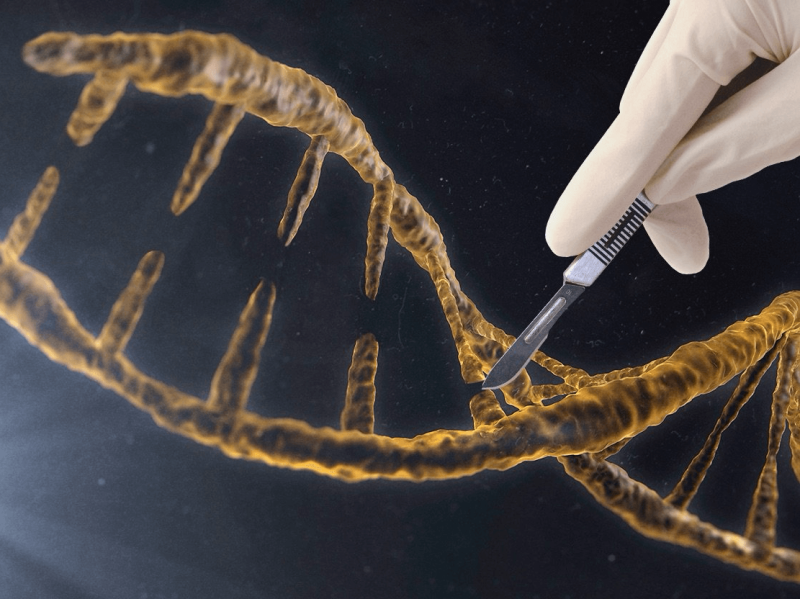The GLP aggregated and excerpted this blog/article to reflect the diversity of news, opinion and analysis.
Despite eclectic ways of delivering insulin to control blood glucose level in people with type 1 diabetes (T1D), no approach precisely replicates what happens in the body. Gene therapy may hold the answer.
T1D is usually autoimmune, with inherited risk factors such as certain HLA haplotypes contributing to, but not directly causing, the condition. A clever use of gene therapy is to commandeer liver cells to step in for the pancreatic beta cells that autoimmunity destroys.
Human insulin was the first drug produced using recombinant DNA technology. From shocking new biotechnology circa 1982, human insulin is today an item easily picked up at a drug store. But effectively using human insulin requires frequent monitoring and timing of injections, and even the most careful schedule sometimes can’t prevent long-term effects of uncontrolled blood glucose levels.
The prototype insulin pump dates to 1963; a wearable form came a decade later. Many people use pumps today to provide insulin in a manner more like a pancreas.
The challenge in treating T1D is not just to provide insulin, but to quell the autoimmune response against the antigens that festoon beta cells. The disease isn’t due to a mutation in the gene that encodes proinsulin, which is naturally cleaved to release the peptide insulin. Because cell surfaces are what attracts the misdirected immune response, a cell-based approach would need to provide cells that do not have surfaces resembling beta cells.
Read full, original post: Gene Therapy for Type I Diabetes: Preclinical Promise































